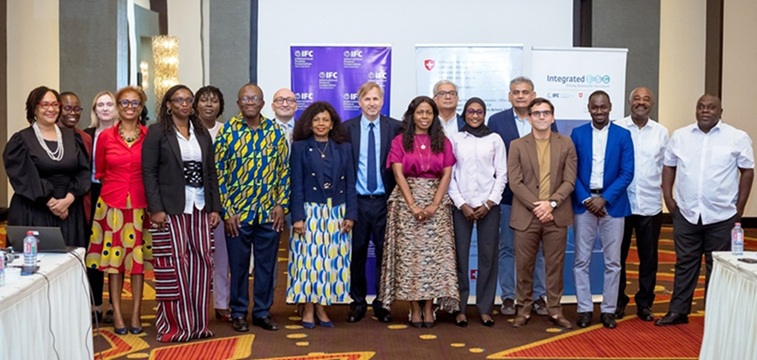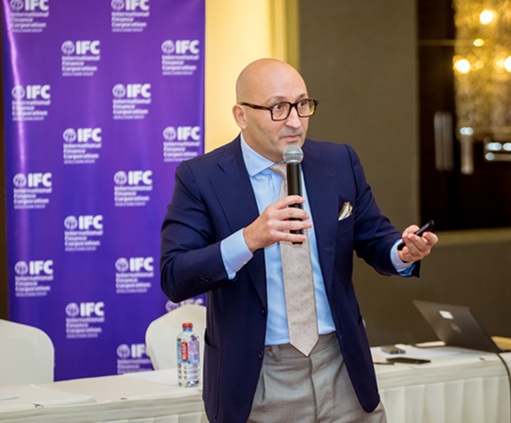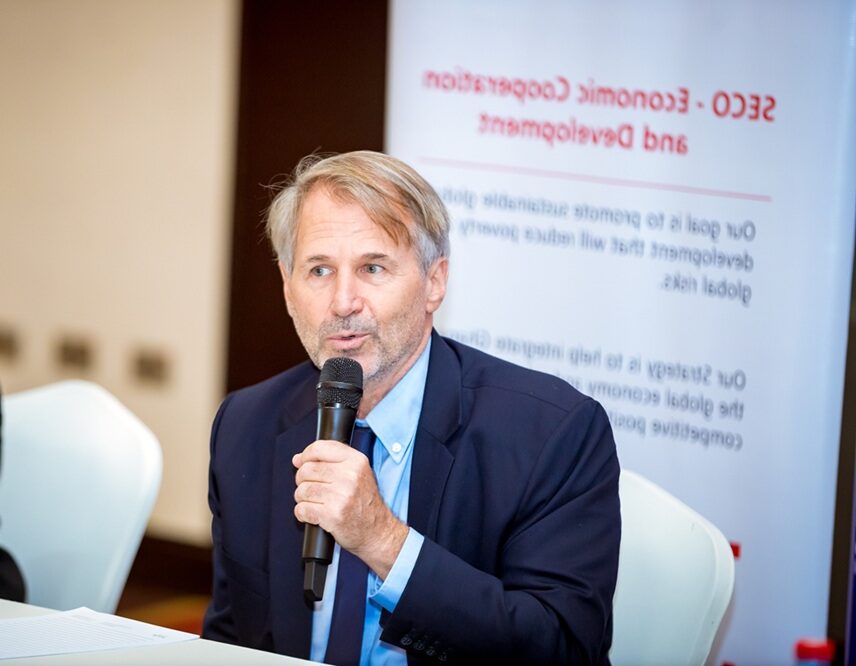IFC Workshop Highlights Good Governance as Lifeline for Ghana’s Family Businesses

Family-owned enterprises in Ghana have been reminded that sound governance is no longer a luxury but a survival tool in an increasingly competitive economy. This was the central message from the International Finance Corporation (IFC), which hosted its second Family Business Governance Workshop in Accra under the theme Family Governance and Legacy: The Family Constitution Blueprint.
The event, part of IFC’s Integrated Environmental, Social and Governance (IESG) Programme supported by Switzerland’s SECO, brought together entrepreneurs, governance experts, and business leaders to discuss how Ghanaian family businesses can safeguard their continuity. With family firms making up more than two-thirds of the private sector, their resilience is seen as critical to jobs, economic stability, and wealth preservation.
Speakers at the workshop stressed that many family enterprises, while thriving in sectors like agriculture, real estate, and hospitality, remain dangerously dependent on founders. Without clear succession plans, they face risks of leadership gaps, disputes, or outright collapse.

“Succession planning and family constitutions are not optional—they are lifelines for continuity,” said Moez Miaoui, Acting ESG Advisory Lead for IFC Africa. “Family businesses are the backbone of Ghana’s economy, but they must adopt governance structures to safeguard jobs and legacies across generations.”
Participants were introduced to the family constitution, a governance tool that defines ownership rights, transition processes, and conflict resolution mechanisms. Although not legally binding, such constitutions offer a reference point that keeps businesses cohesive during generational transitions. Case studies from other African markets showcased how structured governance had helped family firms avoid crises and maintain growth.
The IFC also highlighted the business advantages of governance reform. Investors and banks increasingly demand proof of structured leadership and risk management before providing financing. Enterprises with strong governance frameworks are more likely to access credit, attract investors, and scale sustainably.
For many in attendance, the workshop was timely. A second-generation entrepreneur in the manufacturing sector shared her experience: “As our family business grows, decision-making has become more complex. This training has given us practical tools to ensure we build structures that protect both our company and family legacy.”

The IFC reaffirmed its commitment to supporting Ghanaian family enterprises through advisory services and training, with Senior Country Manager Kyle Kelhofer noting: “Family businesses are not just economic players, they are legacies. By embedding governance and planning for succession, we can ensure these legacies endure for generations to come.”




